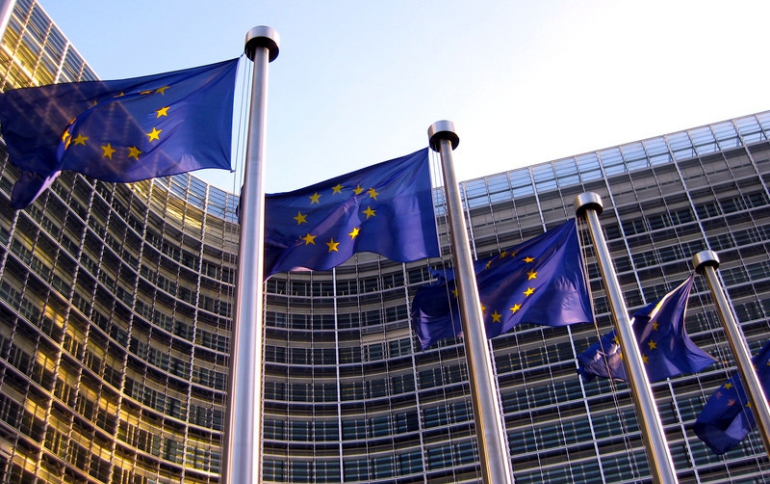
European Copyright Law Moves Closer to Finalization
The European Union’s member countries on Friday agreed on new copyright rules and talks with lawmakers are expected to resume next week.
Negotiations stalled last month after EU countries expressed their dissagreements with the proposed rules, especially on whether small companies should be subjected to the rules.
Italy, Poland, the Netherlands, Sweden, Finland, Luxembourg, Malta and Slovakia did not agree to the draft rules proposed by the European Parliament.
EU digital chief Andrus Ansip said he hoped they could reach a deal at talks next Tuesday and Wednesday.
The Commission, which opened debate on the issue two years ago, has said the revamp will protect Europe’s cultural heritage and level the playing field between big online companies and publishers, broadcasters and artists.
Lobbying groups the European Magazine Media Association, the European Newspaper Publishers’ Association, the European Publishers Council and News Media Europe welcomed the agreement but said more should be done to protect their rights.
Article 11 of the proposal, which would force companies like Google and Microsoft to pay publishers for displaying news snippets, and Article 13, which requires online platforms such as YouTube and Instagram to install filters to prevent users from uploading copyrighted materials, have been the most controversial.
EU countries also reached a joint position for next week’s negotiations with EU lawmakers and the Commission on rules known as the platform-to-business (P2B) law aimed at curbing the powers of companies such as Google and Apple Inc.
The proposed legislation seeks to prevent unfair business practices by app stores, search engines, e-commerce sites and hotel booking websites in a bid to ensure a level playing field between the tech companies and traditional businesses.
Amazon Marketplace, eBay, Apple App Store, Google Play, Facebook Marketplace, Booking.com and Leboncoin.fr are among the companies that would be affected by the proposal.
Google has already expressed its opossition to the proposed rules, saying that it would harm small publishers.




















